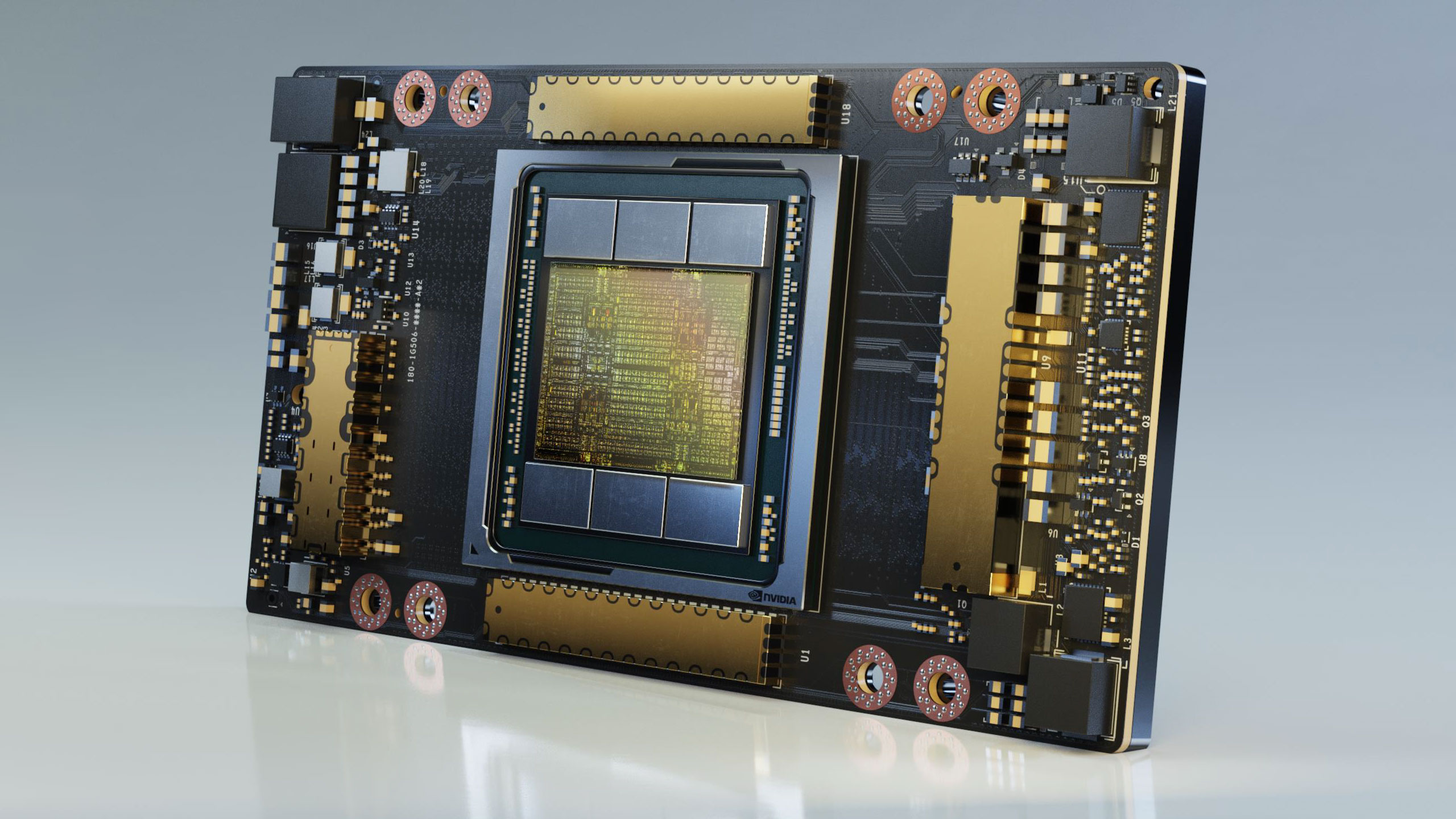
The Biden administration is reportedly weighing restrictions on AI chip exports from companies like Nvidia and AMD to the Middle East, following earlier limits on China. This move reflects concerns over advanced AI technologies' potential military and surveillance applications. AI GPUs such as Nvidia's A100 and H100 are crucial components in the development of artificial intelligence, including large-scale models and deep learning, making them a point of focus in global technological and geopolitical strategies.
This potential ban would extend restrictions on chip sales to China, broadening their impact to include the Middle East. The U.S. government is increasingly concerned about the possibility of these GPUs being utilized for non-civilian purposes, such as military advancements or authoritarian surveillance systems. By controlling access to high-performance chips, the U.S. aims to mitigate risks associated with the misuse of AI technologies, particularly by regimes that could use them for internal control or international destabilization.
The restrictions could have significant commercial ramifications for companies like Nvidia and AMD. Both firms have seen rapid growth in AI-driven markets, with Nvidia’s A100 and H100 GPUs integral to many AI applications, ranging from autonomous vehicles to advanced robotics. Restrictions on international market access, particularly to regions with growing tech ambitions like the Middle East, could hinder their sales and innovation strategies.
At the same time, this move would have broader implications for the global tech landscape. Countries in the Middle East may be forced to seek alternative suppliers or invest in developing their semiconductor industries. As U.S.-made AI GPUs become more challenging to obtain, nations may turn to competitors like China or explore domestic production, further diversifying the global semiconductor market.
The full details and scope of the proposed restrictions are still under consideration. However, as AI becomes more integral to military, economic, and political power, controlling access to the technologies that fuel it is becoming a central focus of U.S. foreign policy. How the world responds to these restrictions will likely shape the future of the AI industry and global technological leadership.







